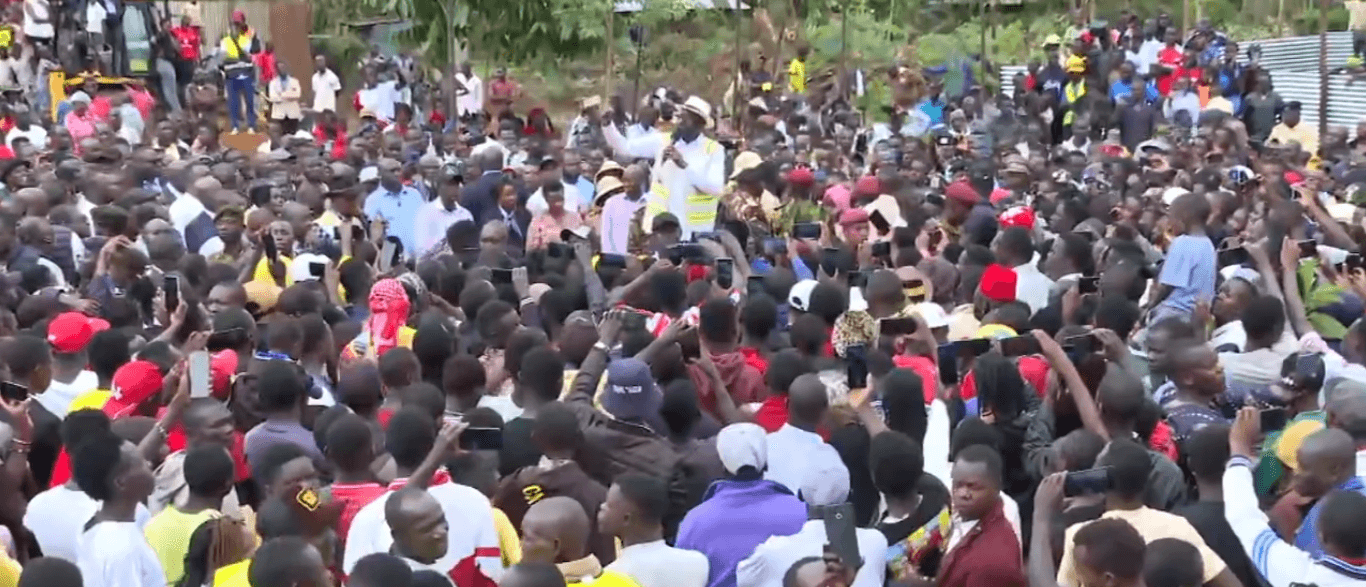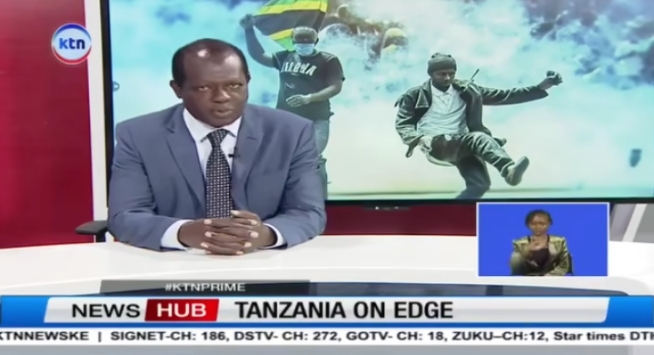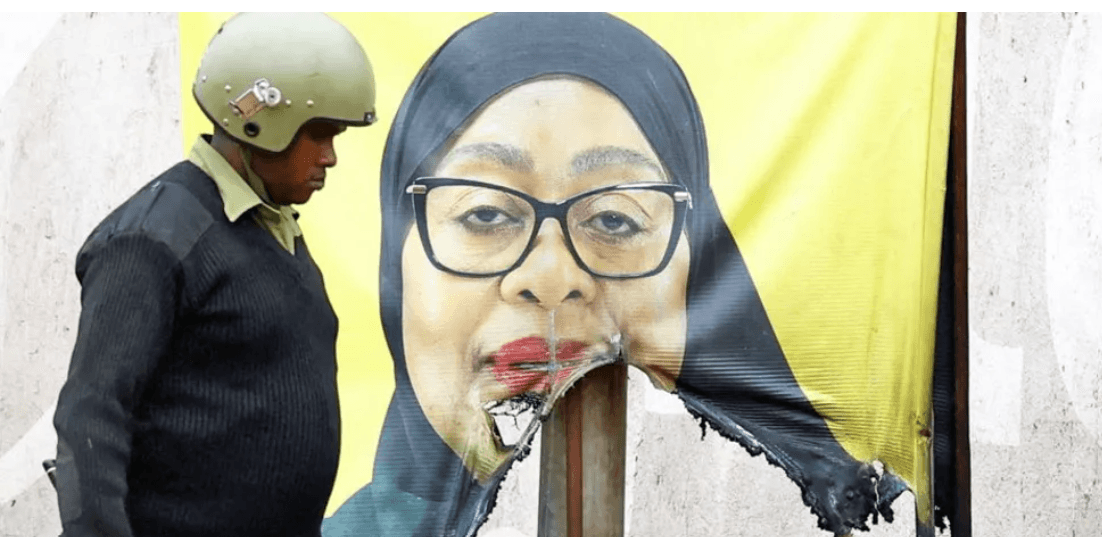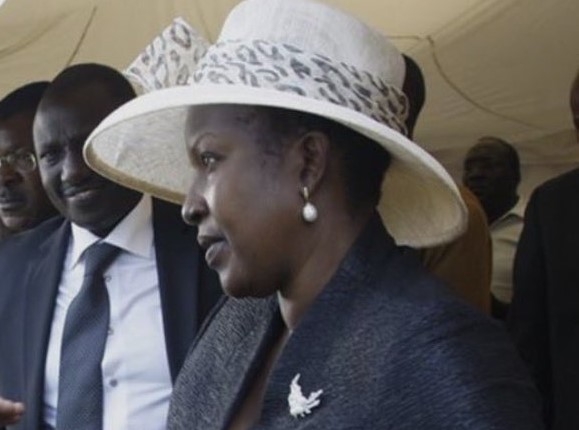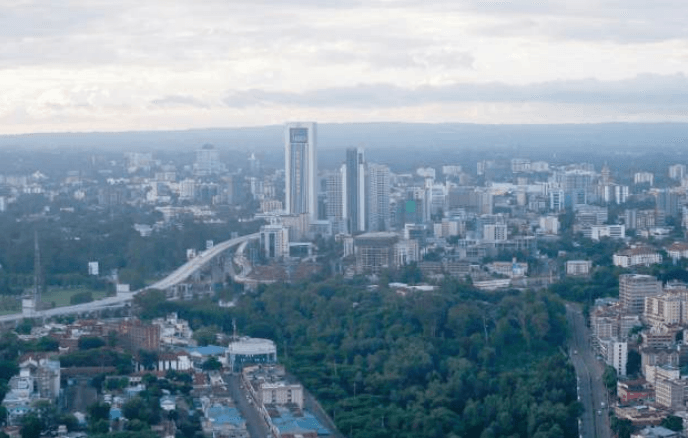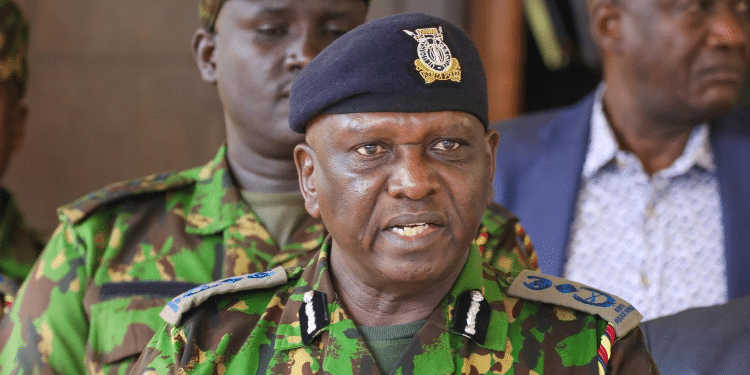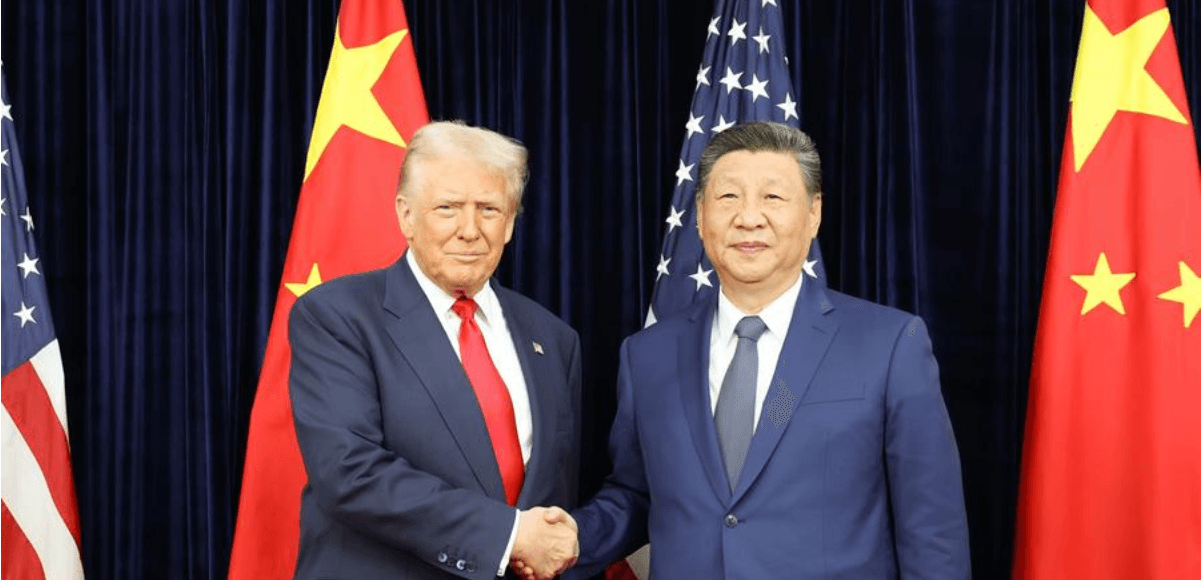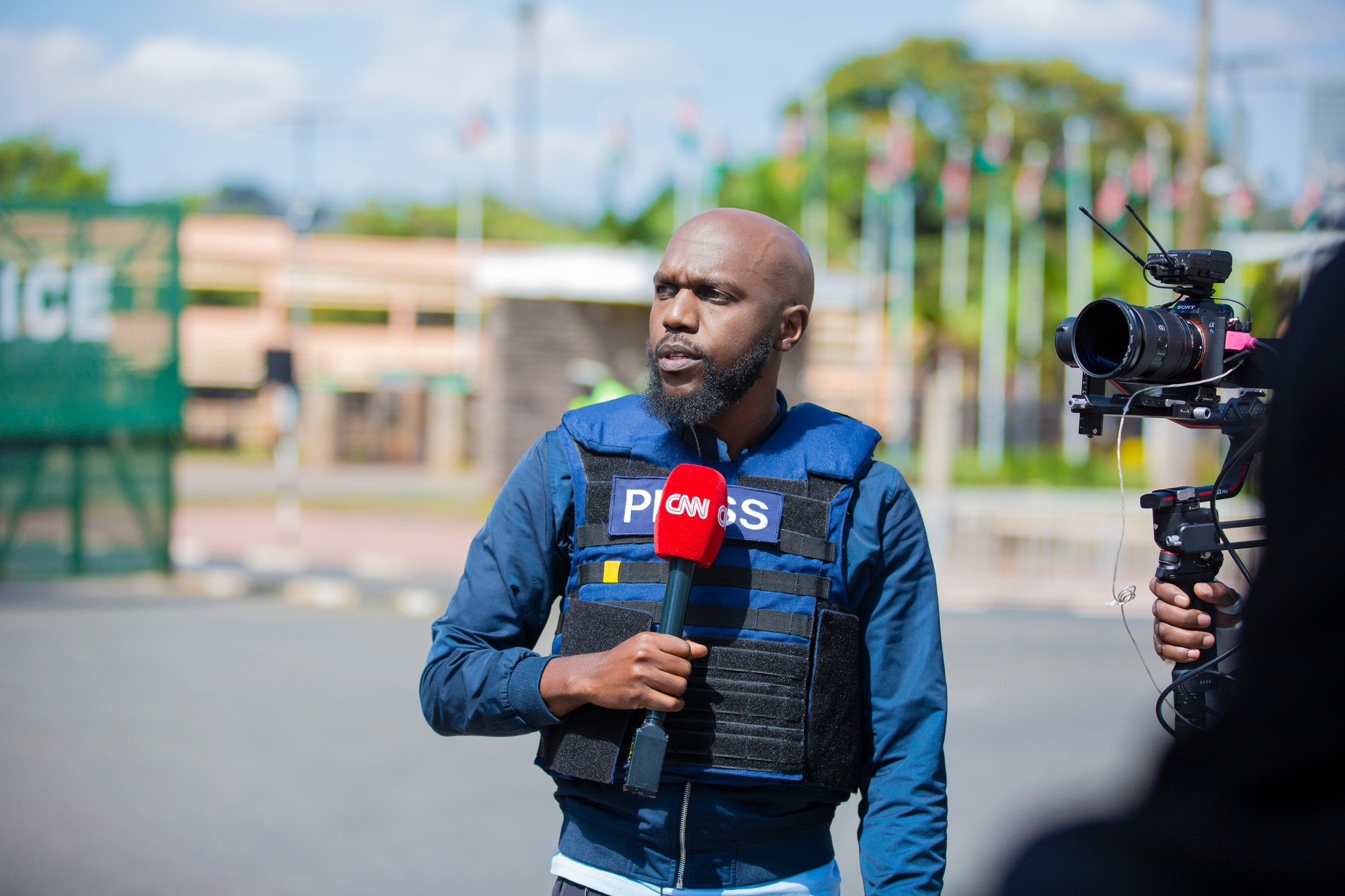
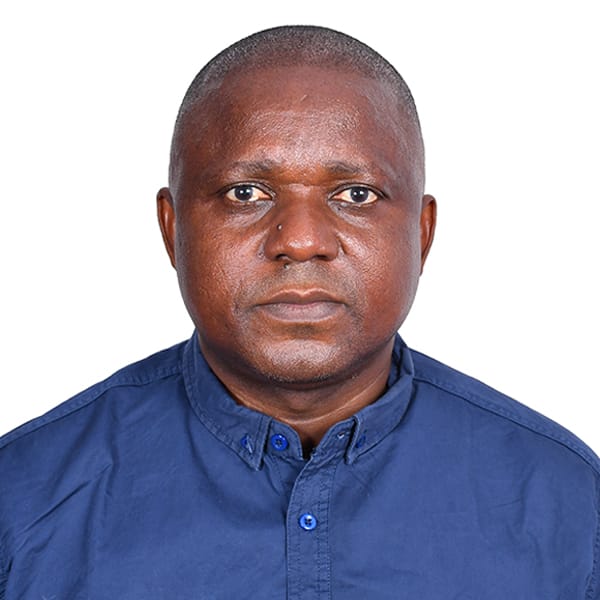
The “viral clip” or ‘trending video” phenomena in the media space has caught up with people creating a threat to access to clean content and giving governments reasons to restrict freedom of expression even as studies show that such sharing of information is done to “satisfy personal feelings”, “to inform others” or to “find out other people’s opinion”.
Just see the kind of unverified information that has circulated on the death of Raila Odinga, President Yoweri’s health condition, and the protests related to the general election in Tanzania, where manipulated photos and videos, old, recycled photos/videos are being used to share information.
The bigger concern is that several people or media content producers will post unverified information, break news without establishing the truth, or share manipulated information, not because they are averse to journalistic professional ethics or legal provisions on the same, but because of merely want to be seen to have contacts or first in the market with news.
Some merely get tips from wherever, and because they operate numerous digital platform avenues and boots, will spread same unchecked information on multiple people. This has had very negative impact on media as a source of professional content, most trusted institution and loss of credibility to journalism.
The demand for information integrity and responsible production and consumption of content including on both traditional media channels and digital platforms in the face widespread harmful content, including but not limited to hate speech, disinformation, and foreign information manipulation is at the core of media regulation and content moderation.
Governments are back with laws and administrative codes that threaten to erode the gains earlier made in the freedom of expression and access to information realms, blame it on irresponsible use of the media space and unnecessary invasion into people’s private lives.
The corrupted and manipulated information ecosystem has become the oxygen of disinformation, misinformation and foreign manipulation of information globally including on critical things like elections, security and death, where doctored information is shared with unsuspecting citizens.
Media, especially digital platforms, have become the main arena where the pollution of information is happening, and in equal measure is the place where efforts on information integrity, accountability and influence must focus.
Media platforms, both liberty and digital spaces are the biggest sources of information in both the public and private spheres, information that is critical to facilitating citizen participation in governance and democratic processes in their countries.
For information to be useful to citizens to realize their human rights, it must be clean, timely and available, in the context of the current information overflow that many times only makes noise.
Disinformation and misinformation about elections, vaccines, climate change, national development, innovations, global economics, businesses, democracy, wars, education and or health are a big threat to humans now than ever before.
Increasingly because of the critical role the media plays in amplifying freedom of expression and access to information by citizens, and from numerous studies that indicate that the media is the oxygen for criminal activities including terrorism, foreign manipulation of information and disinformation campaigns, a lot discussions and action along either coming up with laws or administrative codes to reduce space for freedom of expression , targeting liberty media and more specially digital platforms.
The entry of use of digital platforms in the media space and practices such user generated content, information manipulation, digital advertising, spread of harmful content especially to children has meant that one fit all for example pure voluntary self-regulation, government control or limiting professional regulation in the media space for journalists only is insufficient and now calls for multi players or coalition arrangements bringing together governments, platform providers, journalists, civil society, regulations, and other sections of the non-state actors to understand and support demand for professional and responsible use of the media space.
The online platforms have opened opportunities for content creation, especially for people who didn’t necessarily go through conventional journalism training processes, are good in producing news, very focused and are making money, but remain aloof to basic ethical standards and legal requirement in the sector.
They have exposed their outlets to huge legal challenges, including defamation, copyright infringement and data/privacy litigation.
People previously unable to join national conversations in the media spaces are now increasingly involved in media business by creating content, conducting mass mobilisation, contributing stories, pictures, and audio-visual material for publication by mainstream media, leading to the growing practice of what is commonly referred to as digital or indeed networked journalism.
A number on online content producers have come up, especially bloggers, whose style of writing and contents do not obey any article in existing codes of ethics.
While online news production and dissemination has enormous opportunities in educating Kenyans and cementing peaceful existence, if not well checked have negative impact. Indeed, while several online platforms have been sources of serious positive information, a number has not been. Several media enterprises in Kenya have developed social media and blogging policies for journalists attached to them, to ensure while they go online, and the associated ambiguities, of their private lives and their public life, they still observe professionalism even within their private space.
In addition to the threats already mentioned to journalistic practice, freedom of expression, access to clean content and information, media regulation, and information integrity brought about by misuse of the media space, there breaking news phenomena has also increased cases of content theft and copyright infringement especially where original content producers are the mercy of pirates.
Journalists and media practitioners must always differentiate
between personal work and media housework, be reminded to seek consent before
using any content obtained from any source as mechanisms are put in place to
monitor the content one shared to flag out those who use work without consent.
Victor Bwire is the Director, Media Training and Development at the Media Council of Kenya



